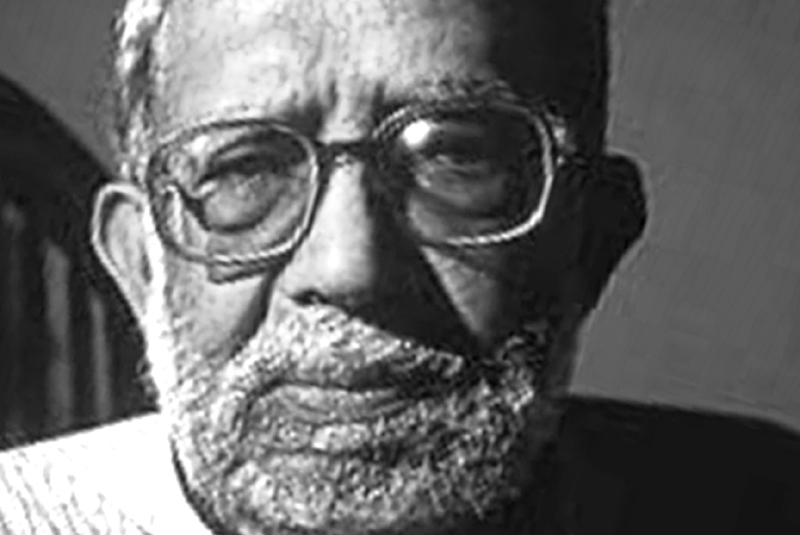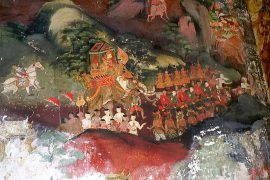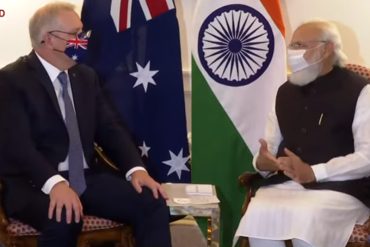The late Rajni Kothari (1928-2015), was a giant of Indian political science lauded for his contribution to understanding party political and caste interactions under the Congress Party. His critique of authoritarian trends in India, and more broadly in the developing world, decades ago, prophesised the disturbing decomposition of democratic institutions we see today. But his international ideas are startlingly original and more relevant than ever in this age of political breakdown and accelerating international disorder.
Born in Burma in 1928 as the only son of an Indian diamond merchant family, Kothari, in his memoirs, reflects that his cross-cultural experience of his youth allowed him to see the world more broadly in Asian terms; this multicultural ethos clearly manifests itself in his writings on international affairs and world order.
As he recalls, it was his father who doted on him after his mother passed away at a young age. Perhaps it was this unusual fondness of the father for his son, as well as the deepening interest in political activity of the young Kothari, that allowed him to be spared from taking on the family business.
Kothari’s greatness lies not in formulating specific policy prescriptions that might offer a golden key to solving today’s problems, but in synthesising a way of looking at the world that clearly diagnoses the sources of myriad pathologies associated with political development and international conflict.
-30-
Copyright©Madras Courier, All Rights Reserved. You may share using our article tools. Please don't cut articles from madrascourier.com and redistribute by email, post to the web, mobile phone or social media.Please send in your feed back and comments to [email protected]











